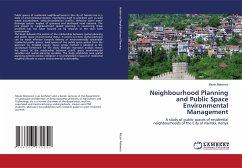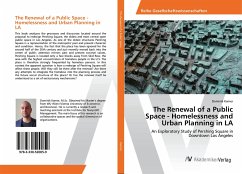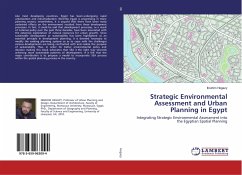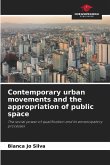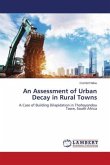Public spaces of residential neighbourhoods in the city of Nairobi are in a state of environmental decline, manifesting itself in problems such as solid waste accumulation, vehicular-pedestrian conflict, defective storm water drainage system, neglect of greenery and destroyed road network. The role played by neighbourhood spatial planning in countering these problems has not been focused on by research in the city's built environment. The book debunks the extent of the relationship between spatial planning and public space environmental status. It points out how spatial planning can be made effective towards delivery of environmentally sustainable residential public spaces. Axial spaces of the public space system form the specimen for detailed inquiry. Space syntax method is adopted as the conceptual framework for the study. Multiple regression analysis reveals the extent of the relationship between public space environmental variables and spatial planning variables. The study establishes nine spatial planning patterns whose utilization is recommended in layout of residential neighbourhoods to assure environmental sustainability.

